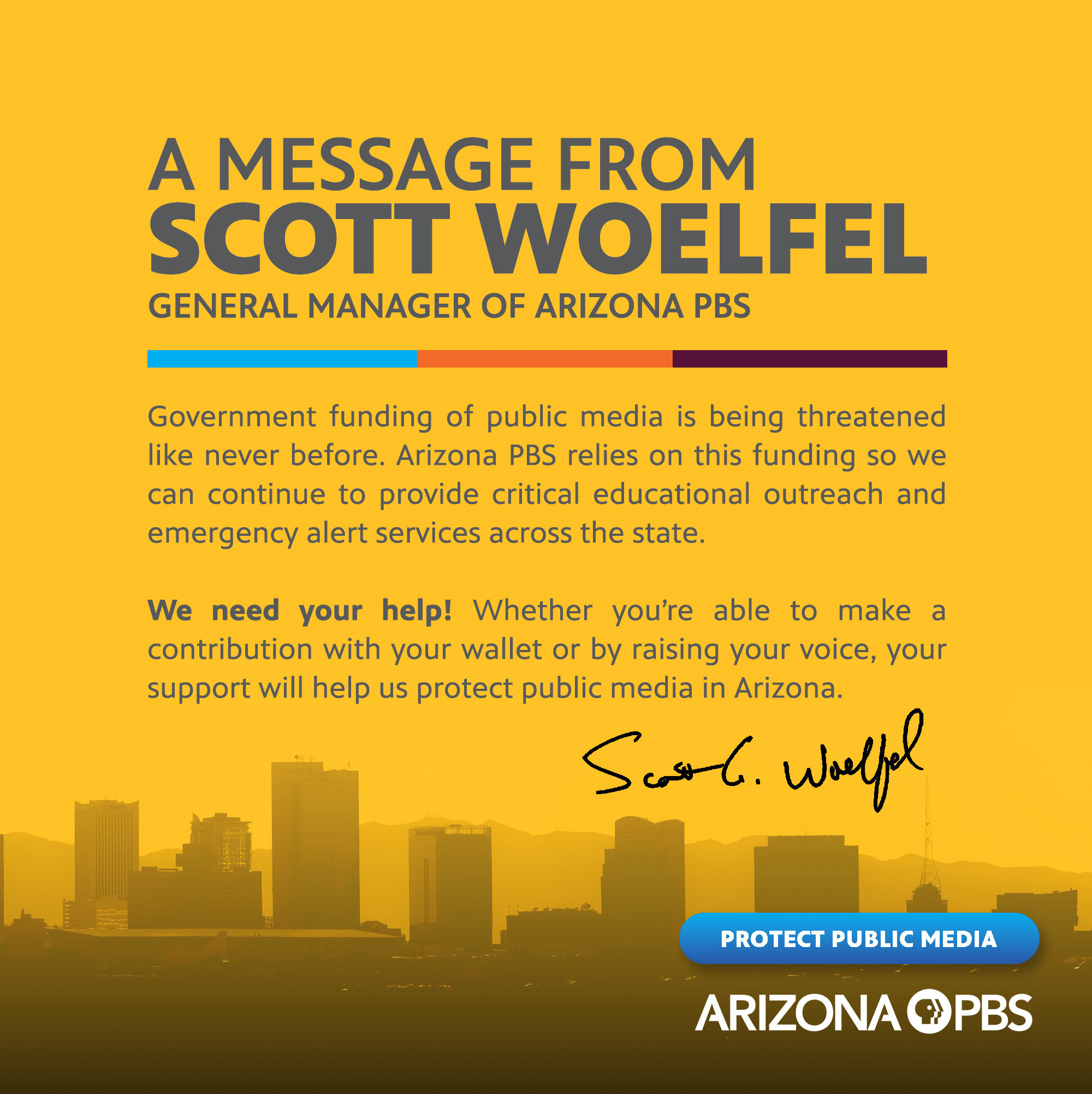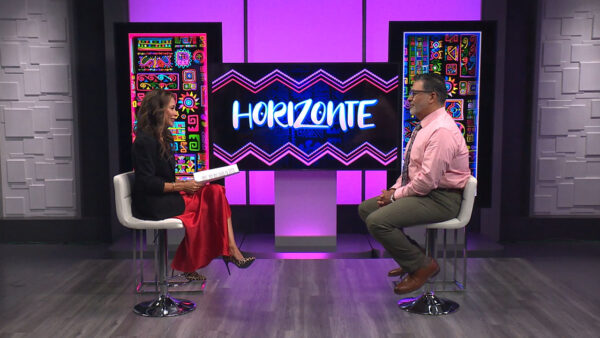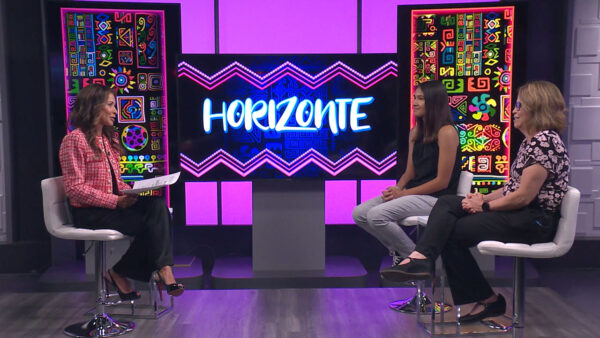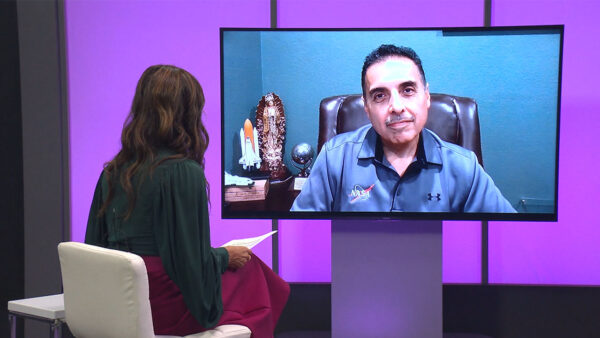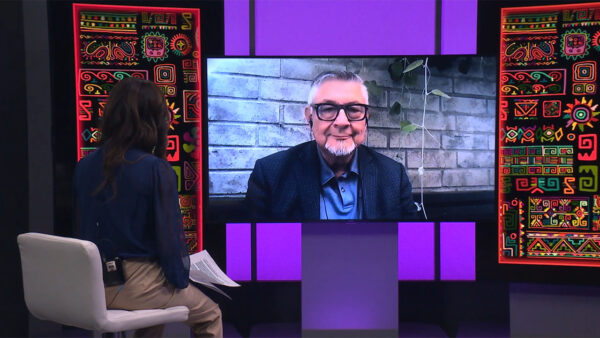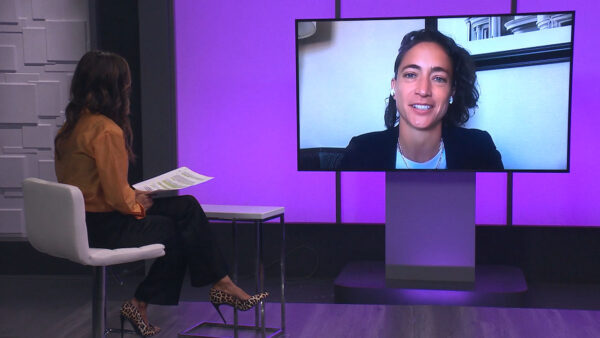President Obama traveled to Latin America. He met with the new President of Mexico, Enrique Pena Nieto, to talk about border and trade issues.
Arizona State University Assistant Professor for the School of Letters and Sciences, Dr. Jaime Aguila, talks about U.S. ad Mexico relations.
Josè Cà rdenas: Thank you for joining us. Last week president Barack Obama traveled to Latin America and Mexico. He met with the president of Mexico to talk about trade and border issues. Joining me to talk about the trip is Dr. Jaime Aguila. Professor Aguila, thank you for joining us. You are a professor of Mexican history This is a subject you're very well-versed on. First, tell us the highlights of President Obama's visit to Mexico.
Dr. Jaime Aguila: Well, any time U.S. president goes to Mexico it's always a boost for the country, a boost for the administration, especially Barack Obama, who has this John F. Kennedy aura about him being our first African-American president, in that regard he has a lot of cache. However he's also president of the United States during an era of economic recession, during a time of troubled border problems. There was a tremendous amount of demonstration by students and young people. It's the economy that Mexicans wanted to hear about.
Josè Cà rdenas: There was a lot of talking and buildup to the trip that focus would be on the economy. Quotes from President Pena Nieto that we needed to change the dialogue from security issues, from drug violence to what they consider much more important issue, which is economic trade.
Dr. Jaime Aguila: Especially the first time he's been in the office for years, certainly both administrations need the economy to grow here in the United States, pull us out of the recession to implement their domestic agendas. Certainly immigration and border security are issues that all Americans, all Mexicans want to hear about but without economic growth for both countries and because of the 1994 NAFTA agreement we need economic growth in order to be able to pay for other domestic policies and certainly positive economic times we certainly hope will minimize the border problems.
Josè Cà rdenas: Before we talk about the specifics of the discussions of the two presidents tell us about the student protests.
Dr. Jaime Aguila: Well, the student protests really began during Pena Nieto's campaign to win the presidency. Were really attacks on young college students, high school age college students criticizing and warning Mexico of the return back to corrupt practices. There's still a lot of energy. One of the biggest changes is that civic society, especially the younger generations, are much more in power, feel a tremendous sense of power being able to change the dialogue or influence the dialogue. These groups are there and made themselves heard again.
Josè Cà rdenas: You said President Obama addressed that.
Dr. Jaime Aguila: On the second day he spoke to a group of students talking about the prosperity, the need for both countries to work on improving relations, breaking stereotypes that frequently marginalize or minimize opportunities for improvement, for better relations. He spoke to improving higher education; certainly that's one of Pena Nieto's objectives. His domestic agenda. So I think that was a smart move on President Obama's part to speak with the younger generation because they are much more educated generation than in years past.
Josè Cà rdenas: In terms of the economic issues what did the two presidents talk about and were there any concrete agreements?
Dr. Jaime Aguila: There was an accord to improve exchange programs. It's not necessarily new, but President Obama spoke of using an exchange program, increasing the opportunities for graduate exchanges, undergraduate exchanges, to help both societies get to know each other better, certainly commitment in term of grant money, scholarship money. I'll give you a statistic. In 2006 one out of 20 Mexican immigrants came to the United States both documented and undocumented. One in 20 had a bachelor's degree. Today it's one out of ten have a bachelor's degree. Mexican society still has technical and poverty problems but it's a much more educated society than ten years ago.
Josè Cà rdenas: The fact you have so many educated Mexicans coming north is a reflection of the economic problems south of the border.
Dr. Jaime Aguila: Mexican economy recently has been doing well. Pena Nieto promises 5% growth per year during his administration, which I think is a little high but those are her objectives based on 21st century economic growth it's possible.
Josè Cà rdenas: They talked mostly about trade. Almost no discussion about drug issues, yet there's been discussion in the media about some tensions in that area. At least not as much cooperation as there had been in the Calderon administration.
Dr. Jaime Aguila: One of the highlights of the Calderon administration was he improved relations between all our agencies on both sides of the border combatting border security. He allowed agencies, their peers in each country to have direct access. Pena Nieto has changed that. They have to go through the Secretary of the Interior so U.S. agencies, DEA, DHS, they are very concerned that the bureaucracy is going to get in the way of dealing with issues that need to be dealt with quickly.
Josè Cà rdenas: Is this something we think the two discussed privately?
Dr. Jaime Aguila: Without a doubt. On one hand, as we spoke earlier, Senator Leahy, who is head of the Senate subcommittee that deals with Department of State funding is holding up $256 million until the Mexicans provide Pena Nieto provides specifics about how the new system, this new program of communication is going to work. That had to have been spoken about and had to have been spoken about behind closed doors. That type situation needs to be dealt with, there needs to be a clear understanding going forward in fight the drug traffickers.
Josè Cà rdenas: President Obama and President Pena Nieto looks like they are getting off to a good start. Thank you. We hope to have you back soon.
Dr. Jaime Aguila: Thank you.
Dr. Jaime Aguila:Assistant Professor for the School of Letters and Sciences; Arizona State University;
